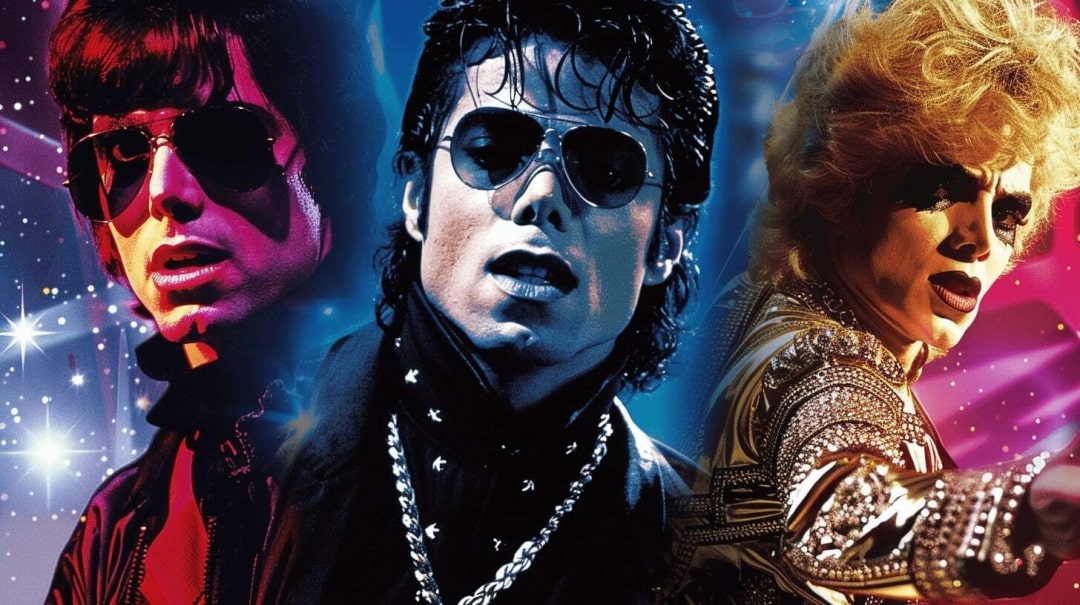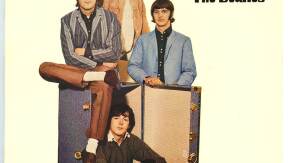Pop music, with its ever-evolving nature, has seen numerous transformative moments that have redefined its course. These moments not only changed the trajectory of pop music but also influenced culture, fashion, and societal norms. Let's delve into ten pivotal events that left an indelible mark on the world of pop music.
The British Invasion: The Beatles on The Ed Sullivan Show
When The Beatles appeared on The Ed Sullivan Show in 1964, it wasn't just a television event; it was a cultural phenomenon. Their performance reached an estimated 73 million viewers, igniting "Beatlemania" and establishing the British Invasion as a significant force in American pop culture. The Beatles' unique blend of rock and roll, harmonious vocals, and charismatic personalities forever changed the American music landscape.
Michael Jackson's Moonwalk: Motown 25 Anniversary Special
In 1983, Michael Jackson's moonwalk during the “Motown 25: Yesterday, Today, Forever” special stunned audiences and showcased his extraordinary talent. This performance solidified Jackson's status as the "King of Pop" and demonstrated the powerful combination of music and dance in captivating an audience. The moonwalk became an iconic dance move, symbolizing Jackson's innovative spirit and artistic genius.
The Rise of MTV: The Birth of the Music Video
The launch of MTV in 1981 revolutionized how music was consumed. Music videos became essential for artists to reach a broader audience, blending visual artistry with musical talent. The first video ever played on MTV was "Video Killed the Radio Star" by The Buggles. Videos like Madonna's "Like a Virgin" and Duran Duran's "Hungry Like the Wolf" became cultural touchstones, illustrating the power of visual storytelling in music.
Woodstock: A Festival That Defined a Generation
The Woodstock Music & Art Fair in 1969 wasn't just a concert; it was a defining moment of the counterculture movement. Featuring performances by legends like Jimi Hendrix, Janis Joplin, and The Who, Woodstock epitomized the spirit of peace, love, and music. It showcased the unifying power of music and its role in social change.
The Digital Revolution: Napster and the Dawn of Music Sharing
The advent of Napster in 1999 marked the beginning of the digital music revolution. Napster's peer-to-peer file-sharing service disrupted the traditional music industry, making music more accessible but also challenging established business models. This shift paved the way for digital streaming services like Spotify and Apple Music, fundamentally changing how music is distributed and consumed.
The Birth of Hip Hop: The Block Parties of the Bronx
The early 1970s block parties in the Bronx gave rise to a new genre: hip hop. Pioneers like DJ Kool Herc, Grandmaster Flash, and Afrika Bambaataa transformed these gatherings into cultural milestones, blending DJing, MCing, breakdancing and graffiti. Hip hop's emergence brought a new voice to marginalized communities and reshaped the musical landscape with its innovative sounds and social commentary.
Madonna's Reinvention: The Queen of Pop's Ever-Changing Image
Madonna's career has been defined by her ability to reinvent herself continuously. From her provocative "Like a Prayer" video to the transformative "Ray of Light" album, Madonna has pushed the boundaries of pop music and culture. Her fearless approach to music and image has inspired countless artists and solidified her legacy as the "Queen of Pop."
The Influence of Boy Bands: The Backstreet Boys and *NSYNC
The late 1990s and early 2000s saw the rise of boy bands like the Backstreet Boys and *NSYNC. Their catchy tunes, synchronized dance moves, and heartthrob appeal captured the hearts of millions. These groups not only dominated the charts but also set the standard for pop music performance and marketing, influencing future generations of pop artists.
The Power of Social Media: Justin Bieber's Rise to Fame
Justin Bieber's meteoric rise to fame through YouTube exemplifies the power of social media in the music industry. Discovered by talent manager Scooter Braun (former manager of Black Eyed Peas, Carly Rae Jepson, Ariana Grande and Taylor Swift), Bieber's early videos showcased his talent and built a massive online following. This new model of discovery and promotion has since become a crucial tool for emerging artists.
Beyoncé's Lemonade: A Cultural and Political Statement
Beyoncé's 2016 album "Lemonade" was more than just music; it was a cultural and political statement. The album, accompanied by a visually stunning film, addressed themes of infidelity, race, and feminism. "Lemonade" received critical acclaim (winning 4 Grammys in 2017) and sparked important conversations about identity and empowerment, cementing Beyoncé's status as a cultural icon.



